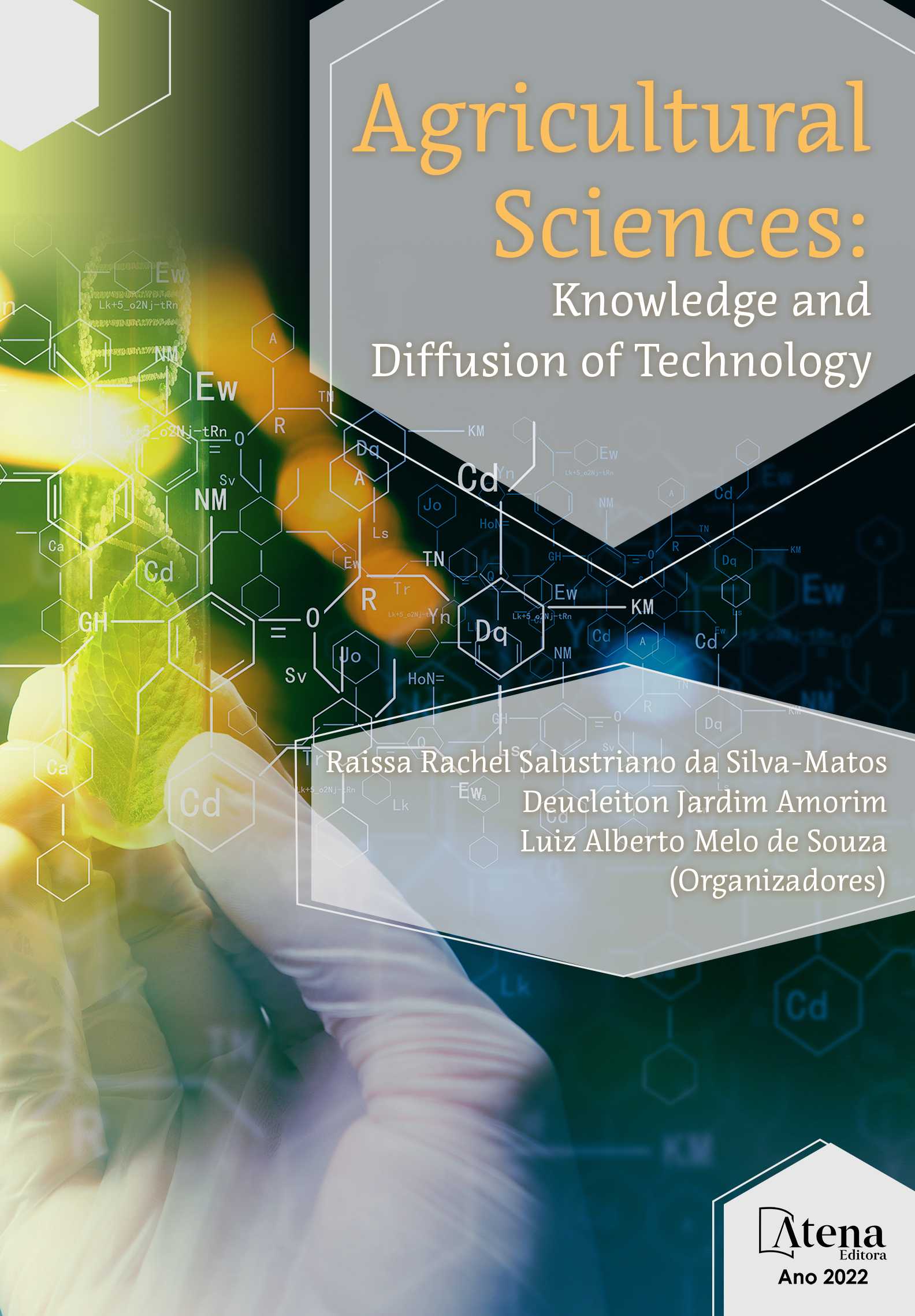
AÇÃO ALELOPÁTICA E CITOTÓXICA DE MAYTENUS ILICIFOLIA MART. EX REISSEK, CELASTRACEAE
O monitoramento de fitoquímicos com propriedades potencialmente tóxicas pode ser avaliado por alterações fisiológicas e celulares do organismo-teste exposto. O presente estudo teve como objetivo avaliar o potencial alelopático e citotóxico do extrato aquoso de espinheira-santa (Maytenus ilicifolia) sobre sementes de alface e de cebola. Os bioensaios foram conduzidos em germinador (20ºC), com extrato aquoso nas concentrações de 5, 10, 20 e 40 mg/mL, obtido por infusão de folhas secas, e água destilada (controle). Os testes de germinação, primeira contagem e índice de velocidade de germinação, que avaliam efeito alelopático, foram feitos com quatro repetições de 100 sementes/concentração/bioensaio. Para determinação da citotoxicidade, através do índice mitótico, foram contadas, pela técnica de varredura, 2000 células/concentração/bioensaio. As células de meristema radicular de cebola, quando expostas ao extrato aquoso de folhas de M. ilicifolia na concentração de 40 mg/mL, apresentaram alterações cromossômicas, sugerindo um potencial genotóxico. Conclui-se que o extrato aquoso de espinheira-santa apresenta efeito alelopático sobre sementes de alface (que pode ser explicado pela presença de saponinas, taninos e flavonas) e também efeito citotóxico sobre sementes de alface e de cebola.
AÇÃO ALELOPÁTICA E CITOTÓXICA DE MAYTENUS ILICIFOLIA MART. EX REISSEK, CELASTRACEAE
-
DOI: 10.22533/at.ed.2782218021
-
Palavras-chave: alelopatia, divisão celular, fitotoxicidade, genotoxicidade
-
Keywords: allelopathy, cell division, phytotoxicity, genotoxicity
-
Abstract:
The monitoring of phytochemicals with potentially toxic properties can be evaluated through alterations, at physiological and cellular levels, of the exposed test organism. The present study aimed to evaluate the allelopathic and cytotoxic activity of the aqueous extract of Maytenus ilicifolia on lettuce and onions seeds. Bioassays were carried out in a germinator at 20°C with aqueous extracts in concentrations of 5, 10, 20 and 40 mg/mL, obtained through the infusion of dried leaves and distilled water (control). The germination tests, first score and germination speed rate that evaluate the allelopathic effect were done with four repetitions of 100 seeds/concentration/bioassay. For the determination of the degree of cytotoxicity, through the mitotic index, 2000 cells/concentration/bioassay werescored by means of the scan technique. Onion root meristematic cells when exposed to M. ilicifolia leaf aqueous extract at a concentration of 40 mg/mL, showed chromossomal alteration, suggesting the existence of a genotoxic potential. The aqueous extract of M. ilicifolia displayed an allelopathic effect on lettuce seeds (which can be explained by the presence of saponins, tannins and flavones) as well as a cytotoxic effect on lettuce and onion seeds.
-
Número de páginas: 12
- Kellen Coutinho Martins
- Sérgio Alessandro Machado Souza


